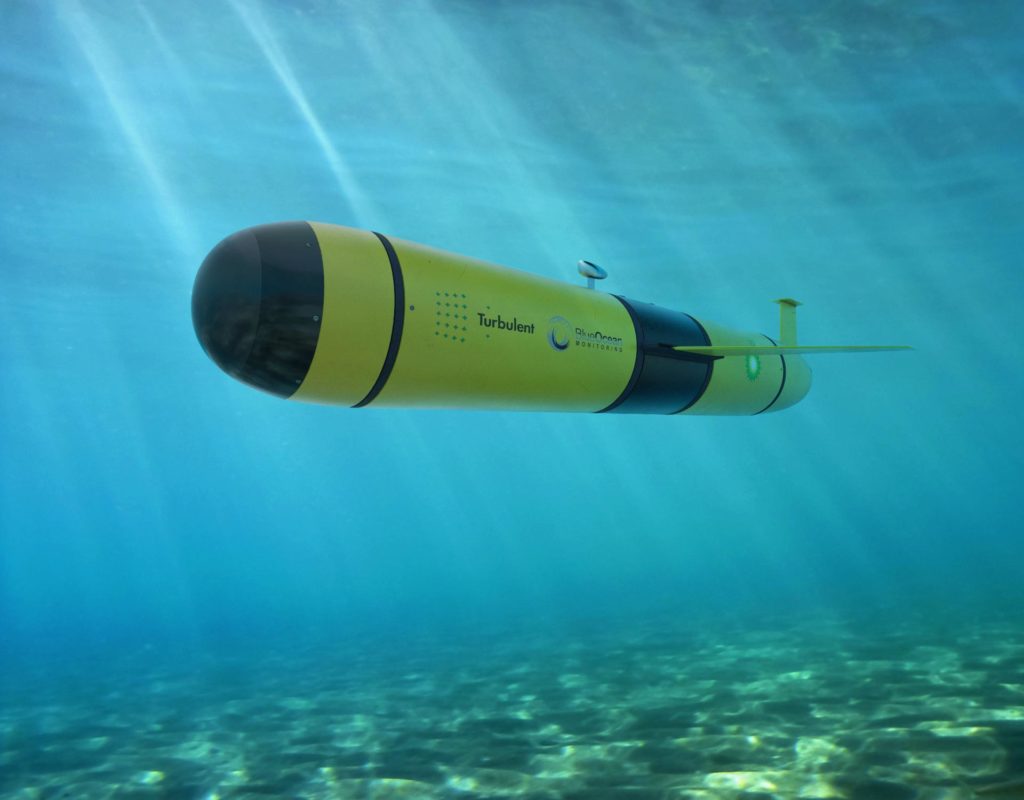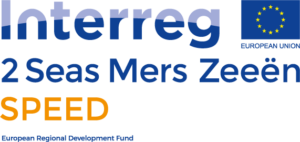We were delighted to get the chance to talk to Trevor Linn, CEO and manager of Turbulent Simulations (better known as Turbulent Designs), about the growth-and professionalization track of his company. Trevor was connected to us through WSX Enterprise, one of our project partners in the UK. Turbulent Designs is a tech-based company, located in Hampshire, UK, developing 3D simulations and virtual reality for a multitude of clients. They do so by converting large volumes of data into easily digestible visuals, which makes them quite a unique company within the computer software industry.
The Interreg SPEED project is aiming to bridge the gap between the Data Science & IoT-market and the Western-European ports market. The project’s research team is currently working on a diagnostic toolkit for supporting high-tech entrepreneurs in their professionalization track. Trevor contributed to this research and development by sharing some key insights on professionalizing a small high-tech business, based on his roughly 40 years of experience in management and his tech-based background.
Pick the right team
Throughout the conversation, it was apparent that Turbulent Designs largely underlines the importance of its people. Although not a given for everyone nor a scientific requirement for each entrepreneur, understanding and having an intuitive feel for people can help enormously in putting together the right team for the job.
Professionalization, and later on, growth of the company is hugely determined by the organization’s team and the passion that fuels it. To Trevor, there are three parties that make or break the business, each of which requires a particular input.
Three parties make or break your business
The Entrepreneur is said to be the dreamer. This person sees external opportunities and connects them to the business’ abilities and goals.
The Manager then, takes on a more ‘grounding‘ role, if you will. This person transfers these ideas (or ‘dreams’) into operational steps, an action-set strategy. The manager understands the entrepreneur’s dreams and sees the internal possibilities to match them.
Finally, and equally important, the Employee takes this planned-out dream and operationalizes it with their own set of skills. All three parties contribute to the outcome of the company, its products and/or services. Optimizing these three roles and specifically, their integration can lead to professionalization and successful growth of each small tech-based company. To do so successfully, one must understand the company and its people as well as their strengths and weaknesses. However, as Trevor states; “understanding the strengths and weaknesses of your company is a crucial, but not always easy task”.
We would like to thank Trevor Linn at Turbulent Designs for taking the time to converse with us for the benefit of future tech-based companies and research purposes.
For further information on the Interreg SPEED diagnostic and improvement toolkit, please contact Morane Atzmon (morane.atzmon@uantwerpen.be) or Johanna Vanderstraeten (johanna.vanderstraeten@uantwerpen.be).
To find out more about Turbulent Designs, their product and their team, please visit their website.
To find out more about WSX Enterprise, please visit our partner page.
This research project was carried out by Johanna Vanderstraeten, Sascha Albers, Rudy Martens, and Morane Atzmon.
Johanna Vanderstraeten is assistant professor of (international) entrepreneurship, Sascha Albers is professor of international management, Rudy Martens is full professor of general and strategic management, and Morane Atzmon is Ph.D. candidate at the Faculty of Business and Economics of the University of Antwerp.
This research is supported by WSX Enterprise and benefited from the funding of Interreg 2 Seas.





